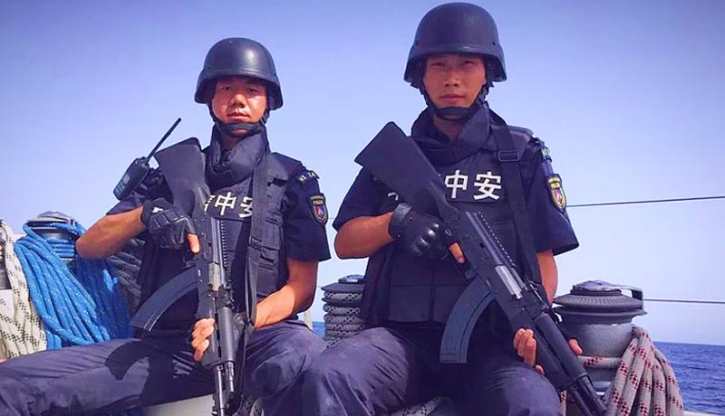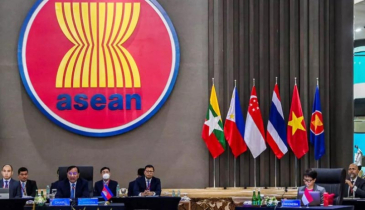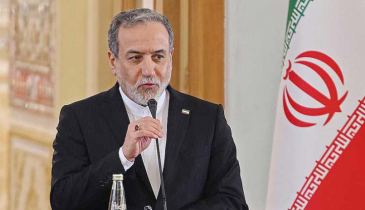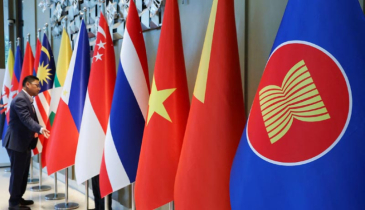Chinese troops with weapons in Myanmar's Rakhine state

Armed Chinese private militias have been observed operating in Myanmar’s conflict-torn Rakhine state, specifically in the strategically important town of Kyaukphyu.
Although no official Chinese military presence is confirmed, reports indicate that these so-called "security contractors" are actively involved in drone surveillance and even sniper attacks, far beyond basic infrastructure protection.
Since February 2024, between 50 to 100 Chinese private security personnel have been deployed in Kyaukphyu, officially tasked with safeguarding Chinese investments. However, analysts suggest their role marks a shift from passive protection to direct engagement in conflict zones.
Kyaukphyu is crucial for China’s energy strategy, as it hosts pipelines that transport oil and gas directly to China, bypassing the Malacca Strait. With rising instability and increasing Arakan Army activity just 5 km away, Beijing appears to be securing its interests by deploying unofficial forces—former PLA personnel operating under the guise of private firms.
Experts warn that this is a new form of "silent strategic intervention." The presence of armed foreign actors in Myanmar, without official military status, challenges the country's fragile sovereignty. Analysts note similarities with Chinese operations in Africa and Central Asia, but their involvement in Myanmar marks the first time such militias are reportedly taking part in active conflict.
Human rights group Lemkin Institute for Genocide Prevention recently raised alarms, saying these forces are not only offering physical security but are now involved in digital surveillance and covert intelligence gathering in ethnic conflict zones like Rakhine. They describe it as “shadow political interference” that weakens Myanmar’s internal stability.
The situation raises serious questions: Are these militias truly private, or an extension of China's geopolitical strategy? Firms like Dewei Security and Frontier Services Group are often linked to former Chinese military officials and work closely with Beijing’s national security goals.
This emerging model—first infrastructure, then private security, followed by strategic control—is seen as a modern form of influence, without the political costs of direct military presence. As China deepens its footprint in Myanmar under the radar, many fear it signals a new era of foreign involvement in Southeast Asia’s ongoing conflicts.
.png)









